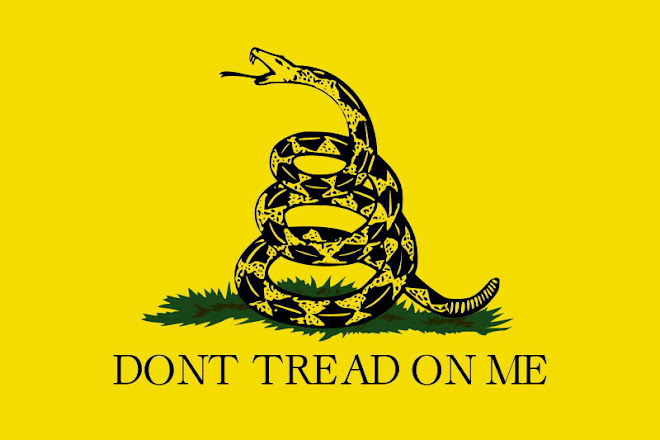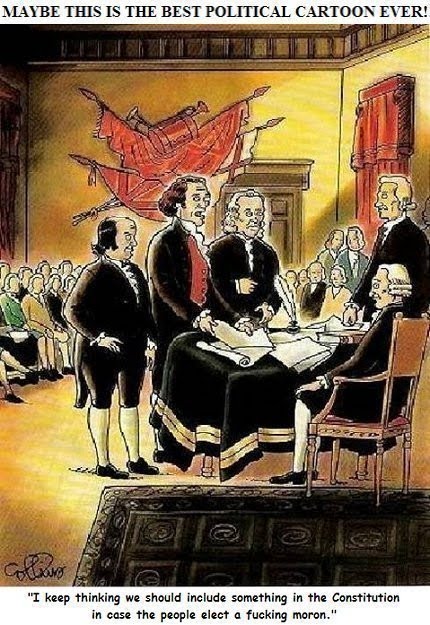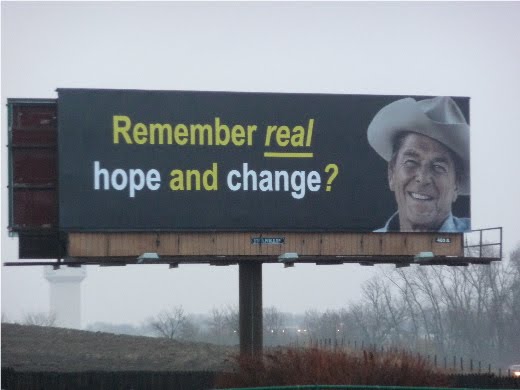Tuesday, January 24, 2012
More Flee Baggers, this time in Indiana...
Young Brian Sikma is of course from our own Wisconsin-based Media Trackers. He always does a great job, as is noted in this follow up piece on Right to Work in Indiana. The battlegrounds for the future of this country are in Indiana and of course, Wisconsin. Expect a ruckus at the Super Bowl by these leftist buffoons...
RTW: Battle Continues, Arguments could be Honed
Posted by Brian Sikma • January 24, 2012
Post Note: The following was produced by Media Trackers, a conservative state-based investigative watchdog that holds liberals in government, politics, and the media accountable.
By: Brian Sikma
After some wrangling and haranguing the Indiana Senate on Monday gave a final green light to right-to-work legislation. The House, scheduled to vote on the measure before the close of business on Monday, got as far as a series of votes on all of the amendments proposed by Democrats before being shut down again by yet another walkout by House Democrats. This makes for the third walkout this year by Democrat lawmakers opposed to RTW and willing to deny Hoosiers a voice in their state legislature by shutting down the entire process.
This morning, nearly 3 million Hoosiers got up and went to work. They work in farms, small businesses, schools, factories, construction sites, stores, hospitals and on the list goes. They do their jobs with pride and they contribute to making Indiana a great state. Yet this morning, a majority of House Democrats refused to show up for work. They, along with their Republican colleagues, have been tasked with representing the people of Indiana in the legislative process. But for the sake of union bosses they have abandoned their job – something that millions of Hoosiers would never consider doing.
Right-to-work is a contentious issue and vigorous debate should be accepted as par for the course. What is absolutely unacceptable is that lawmakers would chose to destroy the Democratic process, and steamroll the rights of the voters who elected them, by not showing up for work. Throughout this debate a handful of Democrats have joined Republicans on the House floor waiting for the amateur temper tantrum to end.
Principles should never be judged good or bad on the basis of bipartisanship alone. Bipartisanship is all too often an excuse for cowardice and compromise that leaves insiders benefited at the expense of taxpayers and the general public. But when the principles are right, and bipartisanship is present, it is a powerful contrast to the dysfunctional tactics embraced by the opposition. The majority of House Democrats asked for and received up or down votes on their proposed amendments. Their demands had been met in the course of legislative deliberation. For them to walkout on the process signals a disturbing willingness to sacrifice law and order for the sake of special interests.
These are the kind of tactics we would expect to see in an emerging democracy, not a reasonable state like Indiana.
Proponents of RTW would benefit from not only drawing a strong contrast between themselves and those who continue to destroy, dismember and dismantle the process that is supposed to serve the people of the state, but also from focusing their message on the innate justice of their idea. Right-to-work is not just about creating jobs, although the indications are that jobs will be created as a result of right-to-work legislation. Right-to-work is more fundamentally about protecting the freedoms of workers and employers in Indiana.
Without RTW, workers are told that their ability to work a job is based not on their qualification to do the job, not on their willingness to do the job, but on their association with something completely irrelevant to their competence. Each worker in Indiana should have the freedom to work and contribute their skills to the betterment of themselves and those they are responsible for. When government limits where a person can work because they are or are not a member of a union, a fundamental principle of economic freedom is violated.
The same goes for those who employ workers. An employer should be free to hire someone based on their qualifications to work and be productive. That choice should not be limited because a qualified individual is or is not a member of a union. Limiting employers choices is at the heart of the argument that right-to-work will help boost private sector job creation. But the economic freedom argument goes deeper than just “more jobs will be created.”
Doubtlessly jobs will be created thanks to RTW. But what if another economic downturn takes place and job losses mount thanks to other economic factors? RTW would still be worth it because it is about the fundamental freedom of men and women to choose for themselves how and where they work and whom they may hire to work for them. Implementing right-to-work is as much about removing burdensome, unnecessary, and unfair government regulations that stifle freedom as much as it is about being part of a package of proposals that will encourage private sector job creation in Indiana.










































































